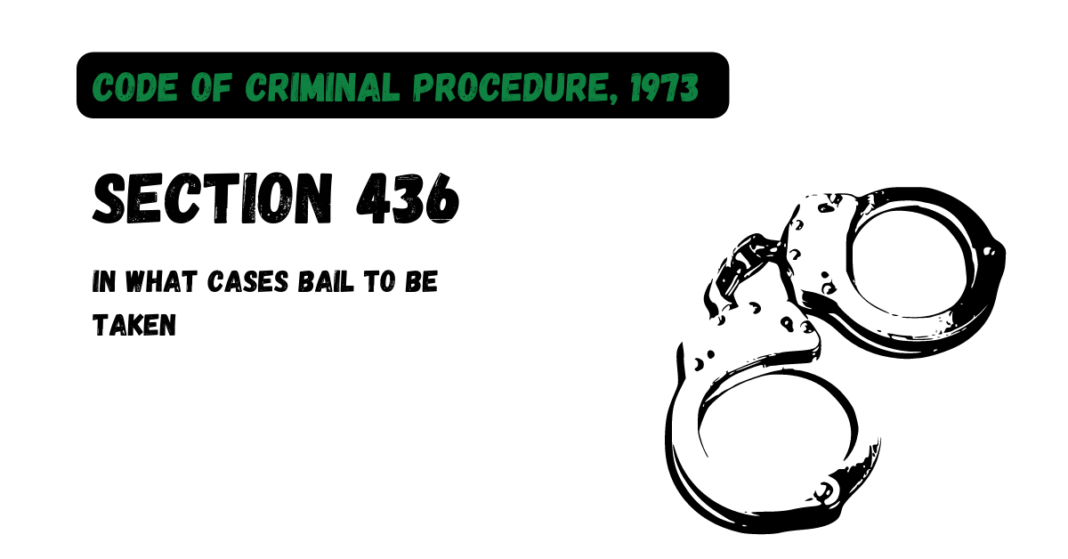(1) When any person other than a person accused of a non-bailable offence is arrested or detained without warrant by an officer in charge of a police station, or appears or is brought before a Court, and is prepared at any time while in the custody of such officer or at any stage of the proceeding before such Court to give bail, such person shall be released on bail:
Provided that such officer or Court, if he or it thinks fit, may, and shall, if such person is indigent and is unable to furnish surety, instead of taking bail from such person, discharge him on his executing a bond without sureties for his appearance as hereinafter provided.
Explanation.— Where a person is unable to give bail within a week of the date of his arrest, it shall be a sufficient ground for the officer or the Court to presume that he is an indigent person for the purposes of this proviso:
Provided further that nothing in this section shall be deemed to affect the provisions of sub-section (3) of section 116 or section 446A.
(2) Notwithstanding anything contained in sub-section (1), where a person has failed to comply with the conditions of the bail-bond as regards the time and place of attendance, the Court may refuse to release him on bail, when on a subsequent occasion in the same case he appears before the Court or is brought in custody and any such refusal shall be without prejudice to the powers of the Court to call upon any person bound by such bond to pay the penalty thereof under section 446.





